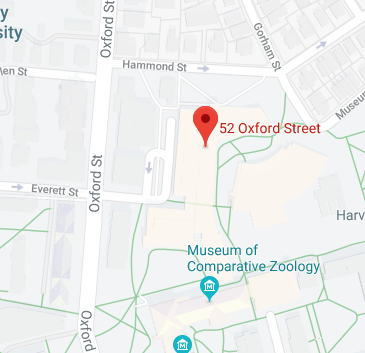Date:
Location:
David Johnston (Harvard University - Dept. of Earth & Planetary Sciences)
The story of Earth’s biological and chemical evolution is locked within the geological record of marine sediments, and deciphering these stories requires a means of accessing and calibrating that information. Of the directly targetable marine sedimentary records, the stable isotopes of sulfur are one of the most powerful tools for paleo-environmental reconstructions. This applicability is rooted in the quantitative linkage to surface oxygen budgets (namely atmospheric O2) and inherent biological role with these cycles. In this seminar I outline a suite of projects targeting the multiple sulfur isotope consequences of microbial sulfate reduction (MSR). The sum of these studies allows for the reconstruction of the net rate of sulfate reduction through the Phanerozoic; a prediction that directly relates the quality of organic matter reaching sediments and background changes in O2 over that time. This new calibration and insight is the result of blending physiology and experimental microbiology with a clear Earth history question, all underpinned by the application of a novel isotope system.
